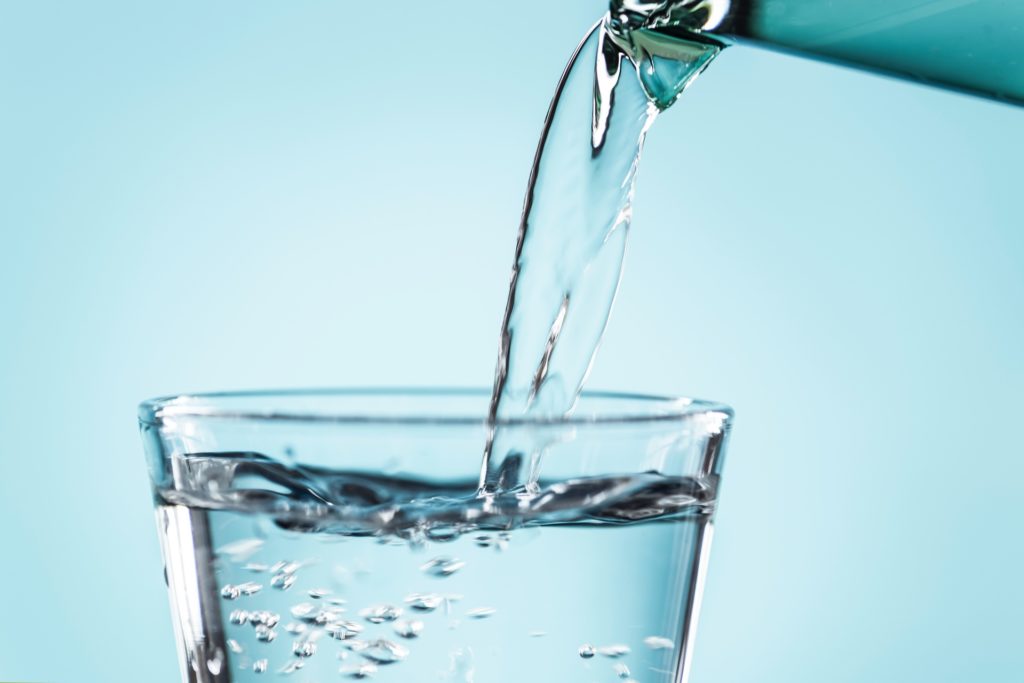When most people think about recycling, they think of recycling plastic bottles, paper and cans, but have you ever stopped to think of about the water that is going down the drain in your shower or sick. That water can carry many different chemicals that can be harmful to the environment such as detergents and the cleaners that you use to clean your shower or toilet. Manufacturing plants wastewater can be even worse with stronger chemicals that are used in manufacturing. According to unwater.org, 80% of global wastewater is released into the environment untreated. Not only can this have harmful effects on the environment but most of that water can be reused with little to no treatment.
One type of water that can be easily reused is called grey water it is water that comes from sinks, tubs, and washers. This kind of water can normally be used on site with little to no treatment. The Museum of Clean in Pocatello wants to implement the use of gray water in their restroom. The example that they gave was to have the shower drain feed water to the toilets. Gray water can also be used for irrigation, however, if the water has chemicals in it the water will need to be treated or the plants will need some kind of protection.

Most water that is recycled is used for non-potable purposes, meaning that the water is not drinkable. Recycled water can be used for irrigation of golf course and public parks, concrete mixing, artificial lakes, agriculture, cooling and it has many other uses. Recycled water has also been injected into aquifers, this is done to increase ground water supplies and to keep salt from getting into aquifers that are along the coast. Another common type of water that is recycled is stormwater. Storm water is water that is collected from roof tops, drains and roads and is used for many of these purposes.
Any water that is recycled has to be properly treated, the treatments and standards vary depending on what the water is going to be used for. Water that is going to be used to help cool a building is going to need less treatment than the water that is coming out of your garden hose. The EPA(Environmental Protection Agency) regulates most waste water treatments, but there are different standards in different states.
There are many different ways to treat water, two ways to treat are ozone/BAC and Advanced Oxidation Treatments. The ozone/BAC method uses ozone or biologically activated carbon to filter the water and removes unwanted color, taste and odor. The Advanced Oxidation uses ozone and hydrogen peroxide and sometimes UV light to remove any unwanted odors, tastes and algae toxins. The oxidation method is also simpler, takes up less space and is more cost effective. There is also a company called AWTT (Advanced Water Treatment Technologies) that makes water covers for standing water. Their covers are black floating plastic balls that protect the water from algae, heat and unwanted wildlife.
Sources:

Recent Comments